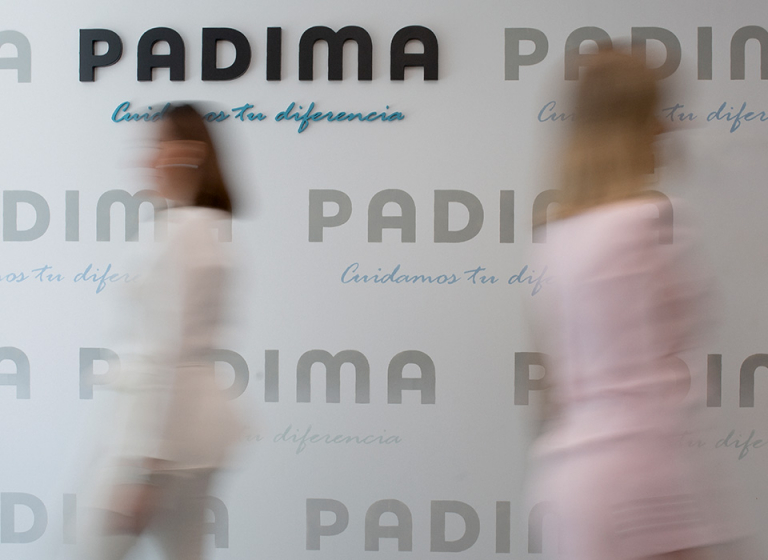[vc_row][vc_column][vc_column_text]
#Sentence
The trademark consisting of the shape of the “Rubik`s Cube” should not have been registered.
The GC dismissed the appeal brought by Rubik`s Brand Ltd against the EUIPO’s decision declaring invalid the registration of the shape of the Rubik`s Cube on the ground that its essential characteristics were necessary to obtain the technical result consisting of the product`s rotation capacity, case T‑601/17 ECLI:EU:T:2019:765.
The GC points out that the Rubik`s Cube shape corresponds to a game whose purpose is to reconstruct a three-dimensional puzzle by swinging on an axis, vertically and horizontally, rows of smaller cubes of different colours that are part of a larger cube until the nine squares of each face are the same colour. As regards the analysis of the functionality of the essential characteristics of the mark at issue, the GC, like EUIPO, takes the view that the essential characteristic relating to the black lines which intersect, horizontally and vertically on each of the faces of the cube, is necessary in order to obtain the technical result sought. Furthermore, as regards the essential characteristic constituted by the cube shape itself, the GC states that the cube shape is inherent both in the grid structure – made up of the black lines undercrossed on each of the faces of the cube and dividing each of those faces into nine small cubes of equal dimensions divided into rows of three by three – and in the function of the specific product at issue, which is to swing the rows of small cubes horizontally and vertically. In the light of the foregoing, the GC concludes that the two characteristics of the contested trademark which have been correctly qualified as essential are necessary to obtain the intended technical result of the goods in question and it must therefore be concluded that the trademark falls within the scope of the plea in Article 7 (1) (e) (ii) of Regulation No 40/94 and should not have been registered.
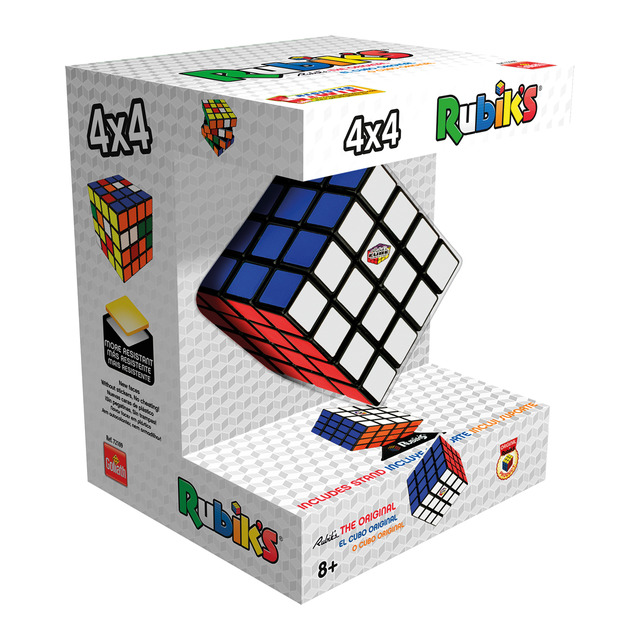
Source (in Spanish) : Curia Europa
UXOCOLAT vs XOCOLAT
The GC upholds the Board of Appeal decision in respect of the opposition brought by Especialidades Vira S.L. against the trademark Xocolat based on its trademark LUXOCOLAT, case T-58/18 ECLI:EU:T:2019:759.

The applicant disagrees with EUIPO`s analysis on its trademark distinctiveness and states that its sign does not refer to chocolate but it is a fanciful term. The GC states in that regard that, although the word element of the applied trademark “xocolat” (which forms an integral part of the earlier trademark) is, as the applicant rightly claims, a fanciful word, it nevertheless refers to chocolate products and is similar to the word “chocolate” itself, in particular because, as the Board of Appeal rightly pointed out, that fanciful word is used for chocolate products or chocolate-related products. Furthermore, as regards the similarity of the trademarks, the GC points out that the word “xocolat”, which is identically present in the two conflicting trademarks, may create an overall impression of visual similarity, as the Board of Appeal rightly pointed out. Finally, as regards conceptual similarity, the GC points out that even if the word element “lux” were to be understood as meaning “luxury”, the semantic concept resulting from the association with chocolate would not be significantly altered, since that meaning refers to that concept and qualifies it by adding information on the quality of the chocolate. As regards the applicant`s argument that the word element “lux” can also be understood in the sense of the Latin word “lux”, which means “light”, it points out that it cannot be assumed that the relevant public, that is to say, the average consumer, whose level of attention is considered to be that of a consumer who is reasonably well-informed and reasonably observant and circumspect, will in fact understand that element as referring to a Latin word which is not necessary familiar to the general public and which bears no relation to the product in question, namely chocolate.
Source (in Spanish) : Curia Europa
The Supreme Court interprets art. 43.5 of the Trademark Law
The Supreme Court upholds the appeal brought by Roberto, Rogelio and Nuba Lounge S.L. against the judgement of the Provincial Court of Barcelona (Section 15.ª) of 14 December 2016 (rollo 415/2015), annulling the condemnation of the defendant company (Nuba Lounge S.L.) to compensation for damages resulting from the trademark infringement. Judgement of 3 October 2019, case STS 3027/2019 ECLI: ES:TS:2019:3027.
The Supreme Court interprets paragraph 5 of article 43 of the TML and declares that, although it establishes that the owner of the trademark whose infringement has been judicially declared shall, in any case and without the need for any proof, be entitled to receive as damages 1% of the turnover made by the infringer with the goods or services illegally marked, this rule does not alter the compensatory nature of the action for damages which presupposes the existence of these. In this sense, it does not introduce a kind of sanction for the infringement, in benefit of the owner of the infringed mark, but the ratio of the rule is to facilitate the compensation quantification. That is why it considers that, in a case such as the present one, in which the infringement of the trademark has caused neither damage to its proprietor nor an economic loss to the infringer, the rule laid down in Article 43(5) of the TML does not apply. On the basis of this, the SC estimates the ground of appeal and obliges to modify the appeal judgement in the sense of removing from the judgement the condemnation to compensation for damages.
Source (in Spanish) : Poder Judicial
Supreme Court’s Analysis on the compensation budgets ex art. 42.2 LM.
The Supreme Court dismisses the appeal filed by Schweppes, S.A. against the judgement of the Provincial Court of Valencia (Section 9.ª) of 28 February 2017, rejecting the claim for compensation based on Article 42.2 LM., judgement of 23 October 2019, case STS 3378/2019, ECLI: ES:TS:2019:3378.
The remedy focuses on whether the existence of damages should be assessed by application of the doctrine res ipsa loquitur [the acts speak for themselves]; and whether in cases where compensation is chosen through hypothetical royalty, it is not necessary to prove the damage suffered. Also, in the alternative, it is argued that, in any case, the compensation provided for in Article 43.5 of the MLC should have been applied. However, the SC considers that since the previous budget of article 42.2 has not been complied with, the claim for compensation has been correctly rejected. In fact, the SC considers that the claim for compensation requested by Schweppes, S.A. does not proceed on two main grounds. The first is that for the application of Article 42.2 of the Merger Regulation, the sentence is subject to compensation for damages that the owner of the trademark had previously requested the infringer and that despite this request the defendant had continued with the infringing conduct. However, the defendant immediately complied with the request. Furthermore, with respect to negligence or fault, the SC states that those who cause the splitting of the trademark were those who contributed to the confusion regarding the ownership of the trademarks and the legitimacy for this use in different EEA countries, which prevents the defendant from appreciating negligence or fault. Therefore, once the existence of an exemption from liability in Article 42.2 is appreciated, it is not necessary to enter into a resolution of the disputes regarding the accreditation of the damage and its quantification.

Source (in Spanish): Poder Judicial
GA conclusions on the role and function of specification of goods or services and bad faith registration.
The GA makes a statement on the questions referred by the High Court of Justice of England to the Court of Justice of the European Union to clarify whether, where the goods and services for which the trademark is protected lack clarity and precision, the scope of protection of the trademark can be determined. And if not, whether in such cases the trademark could be considered invalid, in particular if it were registered for ‘computer programs’. Finally, it raises the question whether the trademark could in such cases be considered to have been registered in bad faith. GA opinion of 16 October 2019, case C‑371/18, ECLI:EU:C:2019:864.
 In his view, the Advocate General considers that the lack of clarity and precision in the specification of goods and services does not render a trademark invalid, but that the use of such a broad term as ‘computer programs’ is not justifies by the fact that it imposes a broad monopoly contrary to the general interest. In relation to the other questions raised, the Advocate General stressed that applying for registration of a trademark without the intention to use it without the specified goods and services may constitute an act of bad faith, in particular where the sole purpose of the applicant is to prevent the entry into the market of a third party. Furthermore, it added that the cancellation of the trademark should only be declared for goods and services for which there is bad faith, rather than declaring the cancellation of all subcategories of the trademark.
In his view, the Advocate General considers that the lack of clarity and precision in the specification of goods and services does not render a trademark invalid, but that the use of such a broad term as ‘computer programs’ is not justifies by the fact that it imposes a broad monopoly contrary to the general interest. In relation to the other questions raised, the Advocate General stressed that applying for registration of a trademark without the intention to use it without the specified goods and services may constitute an act of bad faith, in particular where the sole purpose of the applicant is to prevent the entry into the market of a third party. Furthermore, it added that the cancellation of the trademark should only be declared for goods and services for which there is bad faith, rather than declaring the cancellation of all subcategories of the trademark.
Source (in Spanish): Curia Europa
GC, Design and Technical feature.
Title: The GC dismisses the appeal brought by Atos Medical GmbH confirming the decision of the Board of Appeal of EUIPO (Case R 2215 / 2016-3) refusing to invalidate Community design registration No 1339246-0009, judgement of 24 October 2019, case T-559/18, ECLI: EU: T: 2019 758.
 The GC considers that in relation to the design object (tracheotomy patch) the creator’s degree of freedom is reduced given that there are certain characteristics that the design must have in order for the object to fulfil its technical function. It confirms that the drawing presents sufficiently marked differences, namely a more asymmetrical and curved basic shape, a circular opening clearly moved to the left and the particular shape of the protuberances. Taking into account that the creator’s freedom is limited, and the informed user is a specialised public, it confirms that the overall impression of the two products is sufficiently different and therefore the requested design cannot be declared invalid
The GC considers that in relation to the design object (tracheotomy patch) the creator’s degree of freedom is reduced given that there are certain characteristics that the design must have in order for the object to fulfil its technical function. It confirms that the drawing presents sufficiently marked differences, namely a more asymmetrical and curved basic shape, a circular opening clearly moved to the left and the particular shape of the protuberances. Taking into account that the creator’s freedom is limited, and the informed user is a specialised public, it confirms that the overall impression of the two products is sufficiently different and therefore the requested design cannot be declared invalid
Source (in Spanish) Curia Europa
[vc_row][vc_column][vc_column_text]
#News
«Conguitos»
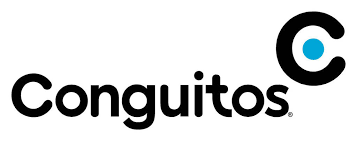

The company from Elche (Spain) Group Íllice has once again won the battle against the Lacasa chocolate group in the use of the Conguitos brand for the textile and footwear category. The Provincial Court of Alicante has rejected the appeal filed by the food company to reverse the sentence of the beginning of the year, which gave the right to the footwear company in the use of the brand.
Source (in Spanish): Diario Información
More companies use the innovative attitude
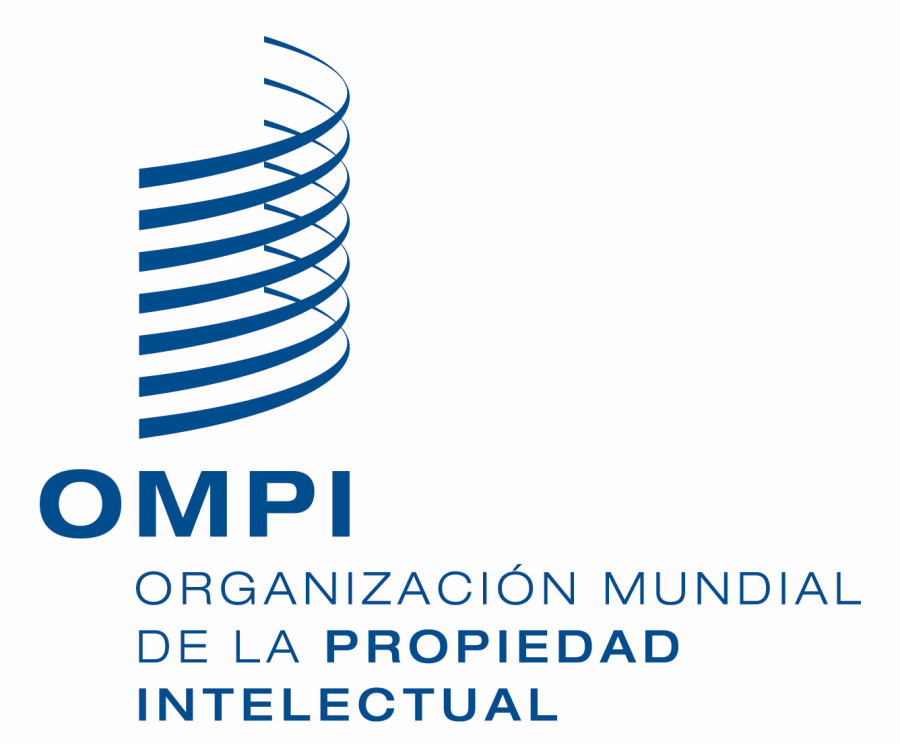
The 2019 edition of WIPO´s Intellectual Property report analyses millions of patent registrations and scientific publications over several decades to conclude that innovative activity has increasingly become a phenomenon of transnational collaboration, originating in a few innovation clusters located in a small number of countries.
Source: Europa Press
Sanction for serious infringement
The Minister of Culture and Sport in office, José Guirao, has imposed a penalty of 400,000 euros to the website www.exvagos.com, www.exvagos1.com and www.exvagos2.com for the commission of a very serious infringement of the Law on Intellectual Property, as the Ministry reported this Monday.
Source (in Spanish): Última hora
Judgement against the audio-visual piracy
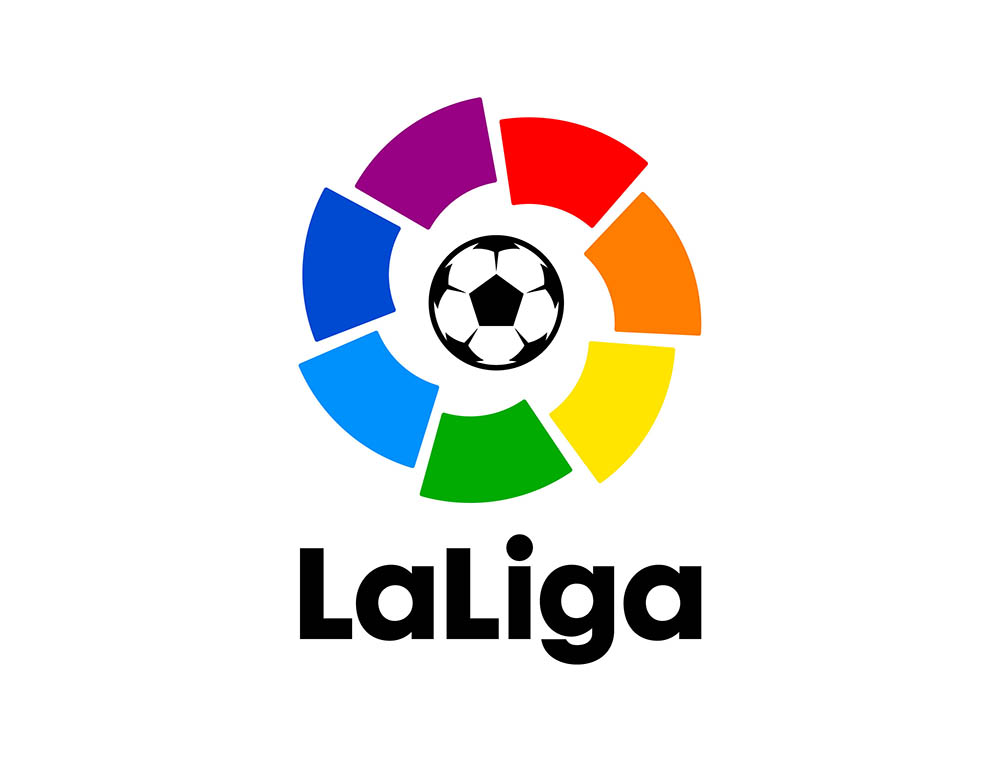
LaLiga obtains a sentence which defines as “historic” in which it is ruled one of the highest compensations for audio-visual piracy in Spain and the first sentence it obtains that affects a regional operator of this size.
In a procedure against audio-visual piracy, Malaga´s Criminal Court No.4 has convicted members of a network dedicated to the sale of decoders with pirated content, including football. The judgement imposes a sentence of six months in prison and a fine of 1,800 euros for the administrator of the company that illegally distributed the contents; 40,000 euros for the juridical person. In addition, it awards compensation of 200,000 euros to LaLiga, 200,000 euros to Mediapro (audio-visual group) and 20,000 euros to Egeda (a management entity that defends the interests of audio-visual producers).
.
Source (in Spanish): Expansión
[/vc_column_text][/vc_column][/vc_row]



